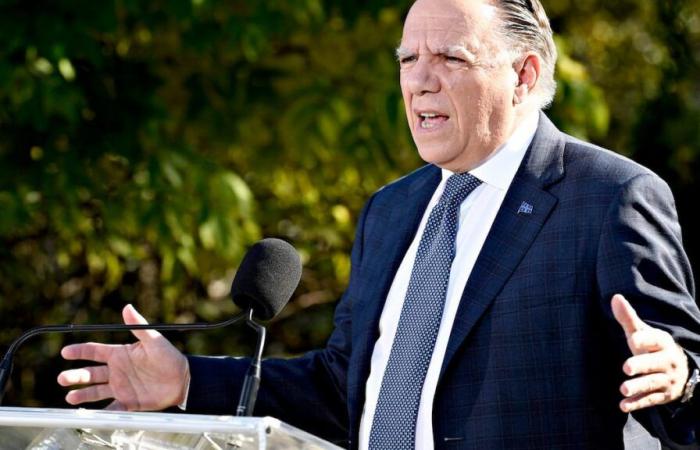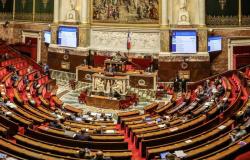Today’s Léger poll must give the CAQ a cold sweat. Twenty-one percent is its lowest result since 2016. Twenty-one percent means that one in two people who supported this party in the last election would not do so again.
• Also read: Léger Poll: the CAQ at its lowest, the PQ at the top
• Also read: Chronicle by Rémi Nadeau | The infernal spiral of the CAQ
This bad poll puts the CAQ back on a dangerous downward slope. Party strategists hoped to have slowed this fall. Since the beginning of autumn, they had seen some improvement in the satisfaction rate and voting intentions. Today, the slide went back down the slope.
We may not have seen everything yet. When Léger explores the hypothesis of an election with a better-known liberal leader, such as Pablo Rodriguez or Denis Coderre, then the CAQ slips to third place.
Obviously, François Legault’s messages are no longer getting through. A certain weariness and obvious errors have eroded its ability to convince Quebecers. When the Prime Minister speaks, the population now listens less.
For what?
In addition to the natural attrition of power, I see six key elements or critical moments that have undermined confidence in the Coalition Avenir Québec.
- The absence of a clear program and major mobilizing projects for this second term.
- The increase in the salaries of elected officials, ill-advised on the eve of public sector negotiations.
- A record deficit of 11 billion, in a context of astonishing growth in the size of the State.
- An inability to resolve chronic problems in our public services.
- The loss of credibility linked to the pirouettes around the third link.
- The impression of incompetence and powerlessness that emerges from the immigration issue despite strong intentions.
The CAQ government has not provided Quebecers with reasons to throw them out in anger. The government is not plagued by corruption. He did not betray Quebecers on a fundamental identity issue.
But it no longer provides reasons to want to keep them in power. The CAQ no longer carries out major projects, the team does not demonstrate the expected management skills and it struggles to correct the state’s shortcomings that emerge on a daily basis.
We are less than two years from the next electoral meeting. Time is starting to run out for François Legault. One of the only advantages of the CAQ is a certain fragility of the opponent who is prance in the polls, the Parti Québécois with only four seats.
To move
Letting go while hoping for a miraculous recovery would lead the CAQ to the slaughterhouse. François Legault faces two possibilities and he must think about them quickly.
Either he announces his withdrawal in view of the next election and gives his party time to choose a new leader and time for him to establish himself as leader.
Either he starts fresh after the holidays with a major overhaul and an inaugural speech that establishes a strong program. A program surprising and courageous enough for Quebecers to start listening to it again.






